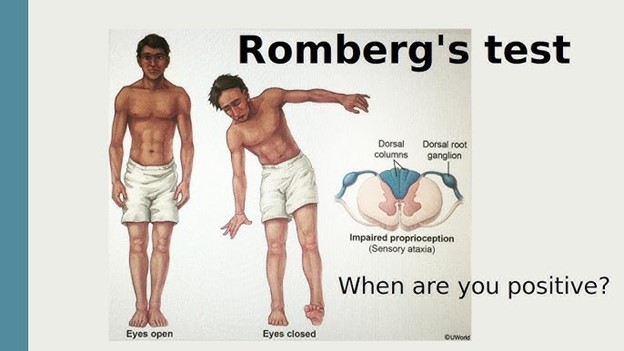A nurse and an assistive personnel (AP) are providing postmortem care for a deceased client before visitation by the family. Which of the following actions by the AP requires intervention by the nurse?
Gathering the client's personal belongings.
Removing the client's dentures.
Placing absorbent pads under the client's buttocks.
Closing the client's eyes.
The Correct Answer is B
The correct answer is choice B. Removing the client's dentures.
Choice A rationale:
Gathering the client's personal belongings is an appropriate action in the postmortem care process. This step allows the family to receive their loved one's belongings, contributing to a compassionate and respectful care process.
Choice B rationale:
Removing the client's dentures requires intervention by the nurse. In postmortem care, dentures should be left in place to maintain the natural appearance of the deceased's face and to ensure that the mouth and lips maintain their proper form.
Choice C rationale:
Placing absorbent pads under the client's buttocks is a common practice to manage any potential leakage of bodily fluids after death. This action helps maintain the cleanliness and dignity of the deceased individual.
Choice D rationale:
Closing the client's eyes is an appropriate action during postmortem care. It provides a peaceful appearance and shows respect for the deceased person.
Nursing Test Bank
Naxlex Comprehensive Predictor Exams
Related Questions
Correct Answer is D
Explanation
The correct answer is choice d. “Have you had small liquid stools?”
Choice A rationale:
While knowing the types of foods the client has been eating can provide insight into dietary habits that may contribute to constipation, it is not the most direct question to identify a fecal impaction.
Choice B rationale:
Asking about the use of stool softeners or laxatives is relevant to understanding the client’s bowel management, but it does not directly indicate the presence of a fecal impaction.
Choice C rationale:
Passing gas can indicate that there is some bowel movement, but it does not confirm or rule out a fecal impaction.
Choice D rationale:
Small liquid stools can be a sign of fecal impaction, as liquid stool may leak around the impacted mass. This makes it the most important question to ask when suspecting a fecal impaction.
Correct Answer is A
Explanation
The correct answer is choice A: "Stand with your feet together and your arms at your sides."
Choice A rationale:
This statement is correct. The nurse should instruct the client to stand with their feet together and their arms at their sides for a Romberg test. This position helps to assess the client's ability to maintain balance with minimal sensory input, evaluating their proprioception and vestibular function.

Choice B rationale:
The instruction about the tuning fork is unrelated to the Romberg test. The tuning fork is commonly used to assess hearing and vibratory sensations, not balance.
Choice C rationale:
This statement is unrelated to the Romberg test. Mentioning the lateral side of the foot suggests a neurological examination related to assessing reflexes, such as the Babinski reflex.
Choice D rationale:
This instruction pertains to a different test known as the "finger-to-nose" test, which is used to assess coordination, not balance.
Whether you are a student looking to ace your exams or a practicing nurse seeking to enhance your expertise , our nursing education contents will empower you with the confidence and competence to make a difference in the lives of patients and become a respected leader in the healthcare field.
Visit Naxlex, invest in your future and unlock endless possibilities with our unparalleled nursing education contents today
Report Wrong Answer on the Current Question
Do you disagree with the answer? If yes, what is your expected answer? Explain.
Kindly be descriptive with the issue you are facing.
